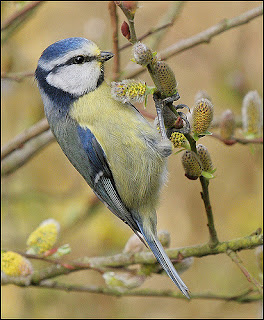Some writers seem to be particularly fond of the word, “respectively,” so much so that they scatter it, like confetti, within their documents. 😊 Alternatively, it is tagged, indiscriminately, onto the ends of sentences.
It is stated in the
Oxford Dictionary that “respectively” means “in the order already mentioned.”
Example
The estimated populations of Scotland and England in 2013 were 5.3 million and 53.9 million, respectively.
The use of “respectively” in this sentence indicates that the population estimates are listed in the same order as the countries. (It was estimated that there were 5.3 million people in Scotland and 53.9 million people in England.)
It would not be correct to write:
In the year ending 30th June 2013, there were 792,400 births and 580,300 deaths in the UK, respectively.
In this case, the word “respectively” is redundant as both figures refer to the UK.
(Figures are provided by the
Office for National Statistics.)
Other appropriate uses of “respectively” are:
“The Lego Movie sequel is pencilled in for a 2018 release, with the Ninjago and Batman films pegged for 2016 and 2017,
respectively.”
(“Respectively” indicates that the expected release years, 2016 and 2017, refer to the Ninjago and Batman films, in that order.)
“The cost of filling up the tank and stocking up on groceries fell year-on-year by 16.2% and 2.5%,
respectively, in January and led to the lowest levels of consumer price inflation seen since the 1960s.”
(The cost of filling up the tank fell by 16.2%, while the cost of stocking up on groceries fell by 2.5%.)
“Respectively” should be used only when two or more pieces of information refer back to the same number of previously mentioned items. (In the previous examples, the two release years refer to two films, and the two percentages refer to two budget items.)
Photo credits: Jörg Brinckheger (Creative Commons) & Minale Tattersfield (Creative Commons)
Updated Saturday 21 March 2020




